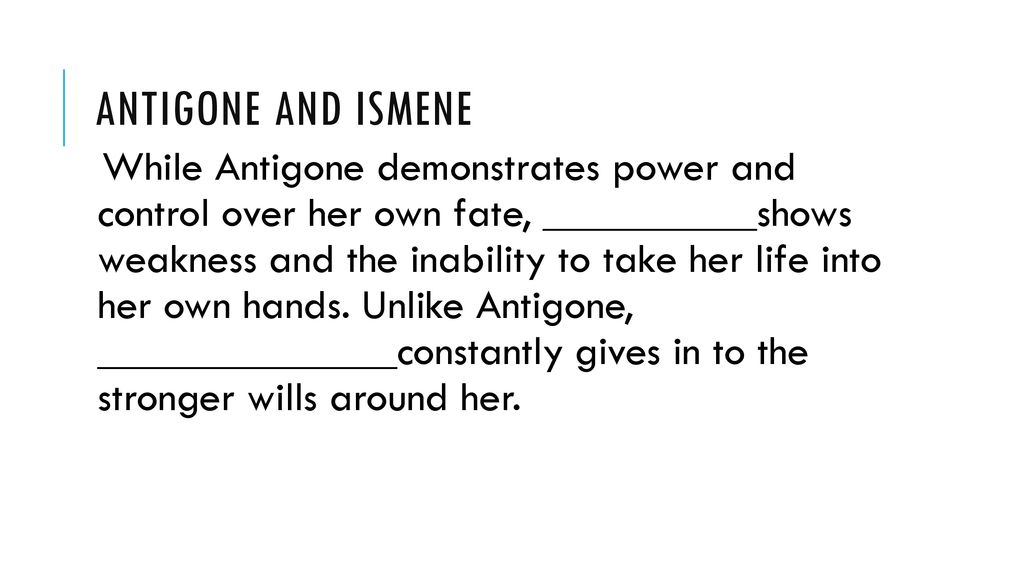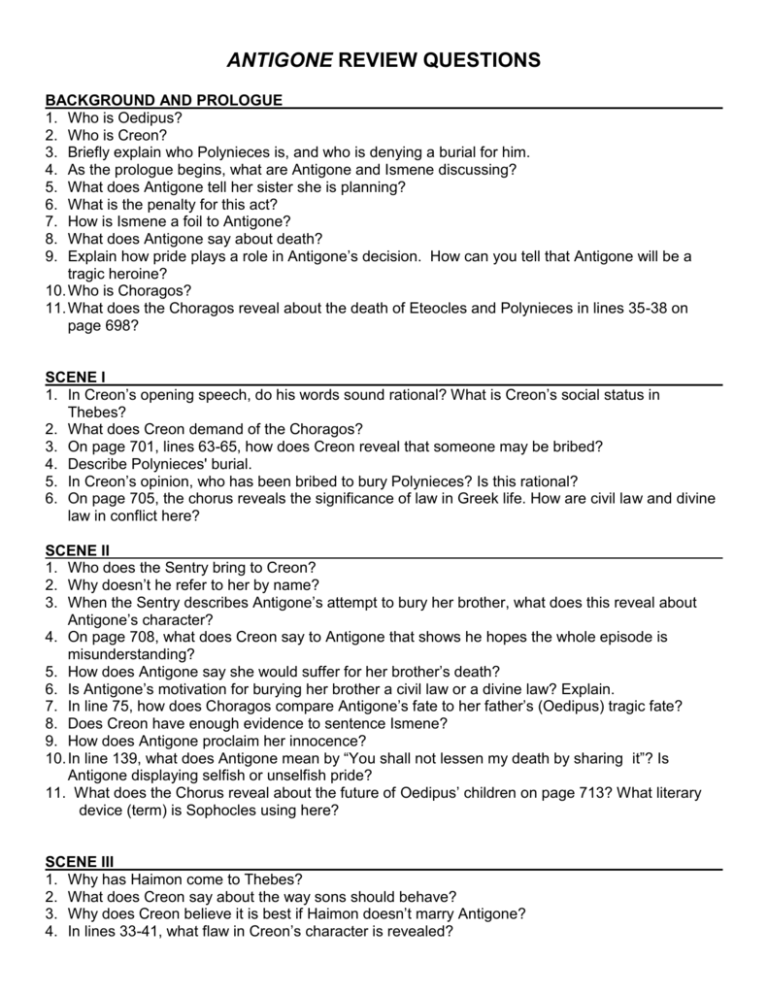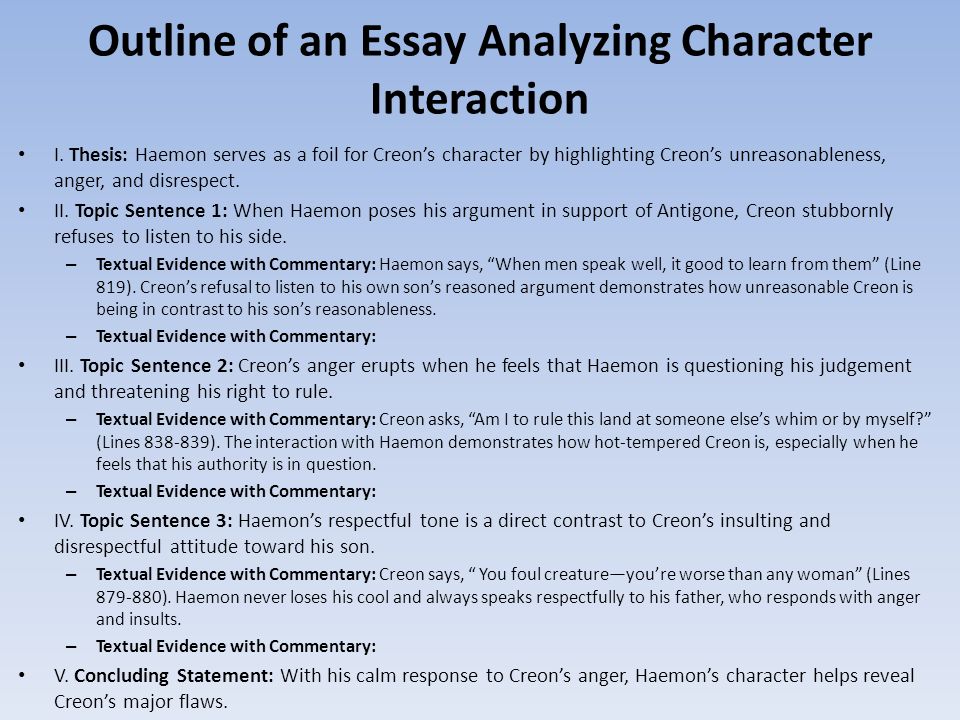In Sophocles' play Antigone, the character of Ismene serves as a foil to the main character, Antigone. A foil is a literary device that involves using a character who is very different from the main character in order to highlight the traits and characteristics of the main character. In this case, Ismene is used to contrast with Antigone and highlight her strong, independent, and brave nature.
Ismene is first introduced in the play as Antigone's sister and confidant. However, the two sisters are very different in terms of their personalities and beliefs. While Antigone is strong-willed and determined to do what she believes is right, even if it means defying the laws of the state and risking her own life, Ismene is timid and compliant, unwilling to take any risks or defy authority.
One of the main ways in which Ismene serves as a foil to Antigone is in terms of their views on the burial of their brother, Polyneices. After their brother is killed in battle, the ruler of Thebes, Creon, declares that Polyneices is to be left unburied as punishment for his rebellion against the state. Antigone, however, feels that it is her duty to give her brother a proper burial, even if it means going against the laws of the state. She argues that the gods and her own conscience dictate that she must give her brother a proper burial, and she is willing to risk her own life to do so.
In contrast, Ismene is unwilling to defy the laws of the state or risk her own life for the sake of her brother. She pleads with Antigone not to go through with her plan, arguing that they are just two young women and that they will not be able to succeed in their mission. She advises Antigone to be obedient and compliant, rather than trying to fight against the established order.
Another way in which Ismene serves as a foil to Antigone is in terms of their views on gender roles. Antigone is a strong and independent woman who defies the traditional gender roles of her time by standing up for what she believes in and taking action to defend her beliefs. Ismene, on the other hand, is more traditional and conforms to the expected gender roles of her time. She is unwilling to challenge the status quo and believes that it is her duty as a woman to be obedient and submissive.
Overall, Ismene serves as a foil to Antigone by highlighting the main character's strong, independent, and brave nature. Through their contrast, we see that Antigone is willing to stand up for what she believes in and take action to defend her beliefs, even if it means defying authority and risking her own life. Ismene, on the other hand, is more timid and compliant, and is unwilling to take any risks or challenge the established order. This contrast helps to deepen our understanding of both characters and the themes of the play.







